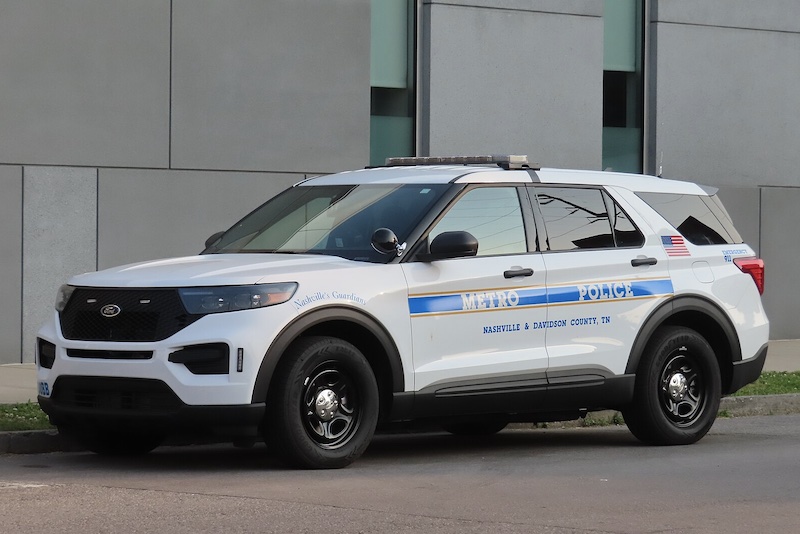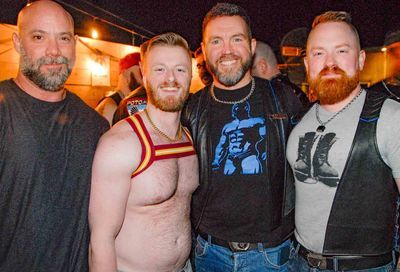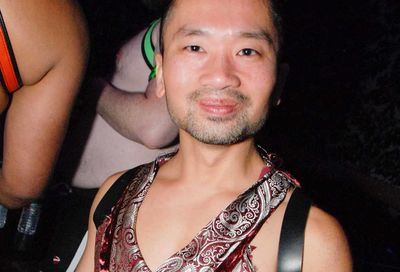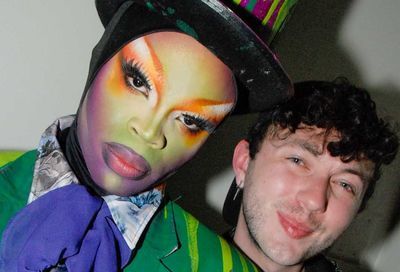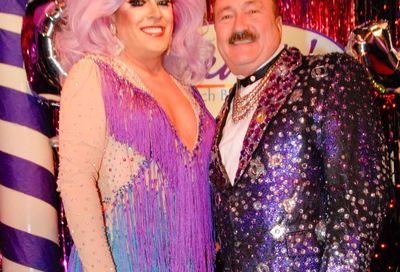Minnesota videographers’ lawsuit to refuse service to same-sex couples dismissed
Case is the latest in a string of lawsuits arguing that the right to discriminate should be protected by the First Amendment

A Minnesota husband and wife videographer team have failed in their attempt to legalize discrimination against same-sex couples.
Chief U.S. District Judge John Tunheim dismissed Carl and Angel Larsen’s lawsuit, which sought to challenge the state’s nondiscrimination law in order to refuse service to gay and lesbian couples.
The judge compared their intentions — posting notice that they refuse to shoot videos of same-sex weddings — to a “‘White Applicants Only’ sign,” reports the Minneapolis Star Tribune.
“Posting language on a website telling potential customers that a business will discriminate based on sexual orientation is part of the act of sexual orientation discrimination itself,” Tunheim wrote in his opinion. “As conduct carried out through language, this act is not protected by the First Amendment.”
Tunheim also rejected the couple’s argument that the Minnesota Human Rights Act somehow prevents the couple from participating in the economy or earning a livelihood from their business.
“The Larsens also argue for the constitutional recognition of a number of work-related fundamental rights, including the rights ‘to pursue one’s entrepreneurial dreams, engage in the common occupations of life, operate a business, earn a livelihood, . . . continue employment unmolested,’ and ‘engage in [one’s] business in a way that is consistent with [one’s] own concepts of existence and identity.’ …Neither the Supreme Court nor the Eighth Circuit has recognized that there is a fundamental right to work or operate a business free from regulations that one dislikes.”
The Larsens, owners of Telescope Media Group in St. Cloud, Minn., had brought the lawsuit not because of any incident in which they were sued for refusing to film same-sex weddings, but merely to test the boundaries of the Minnesota Human Rights Act.
The couple believe that the law is a way to “stamp out expression opposing same-sex marriage,” and wanted to be able to refuse service to gay couples by citing their religious beliefs.
The lawsuit is one of many being waged over the country that attempts to reframe instances of anti-LGBTQ discrimination as disputes over the discriminator’s First Amendment rights.
In many of these cases, including the Masterpiece Cakeshop lawsuit slated to be heard by the U.S. Supreme Court this term, so-called “creative professionals” in the wedding industry, including photographers, bakers, or florists, have attempted to use their religious beliefs as justification for violating nondiscrimination laws.
They argue that such laws infringe on their right to free speech by preventing them from refusing to provide goods for same-sex weddings.
Other cases attempting to argue for religious exemptions to LGBTQ-inclusive nondiscrimination laws include the case of Baronelle Stutzman, who defied a Washington State nondiscrimination law when she refused to provide flowers to a same-sex couple, or Melissa and Aaron Klein, a married couple in Oregon who were found guilty of violating the state’s nondiscrimination laws and were eventually fined for refusing to bake a cake for a lesbian wedding.
Alliance Defending Freedom, an anti-gay group behind many of these lawsuits, invoked that very argument in its response to the news of the dismissal.
“Tolerance is a two-way street,” Jeremy Tedesco, an ADF attorney, said in a statement. “Creative professionals who engage in the expression of ideas shouldn’t be threatened with fines and jail simply for having a particular point of view about marriage that the government may not favor.”
Support Metro Weekly’s Journalism
These are challenging times for news organizations. And yet it’s crucial we stay active and provide vital resources and information to both our local readers and the world. So won’t you please take a moment and consider supporting Metro Weekly with a membership? For as little as $5 a month, you can help ensure Metro Weekly magazine and MetroWeekly.com remain free, viable resources as we provide the best, most diverse, culturally-resonant LGBTQ coverage in both the D.C. region and around the world. Memberships come with exclusive perks and discounts, your own personal digital delivery of each week’s magazine (and an archive), access to our Member's Lounge when it launches this fall, and exclusive members-only items like Metro Weekly Membership Mugs and Tote Bags! Check out all our membership levels here and please join us today!




